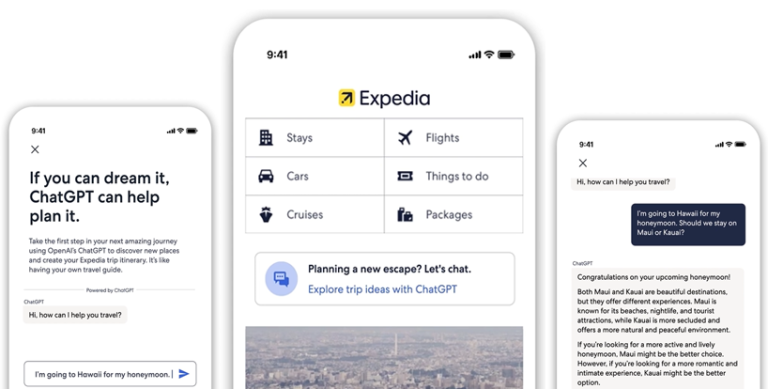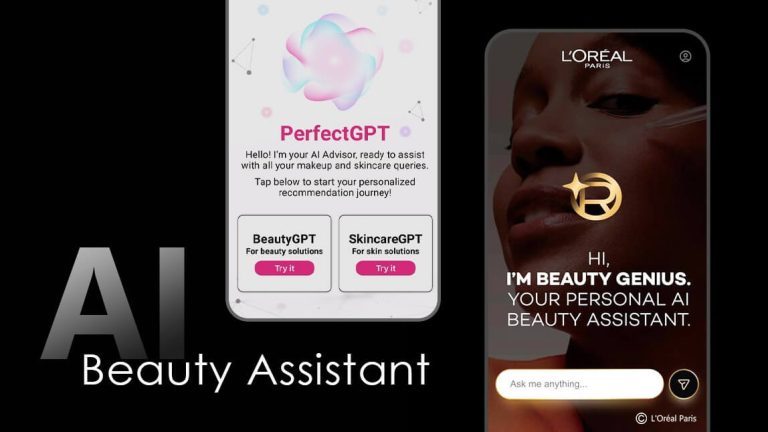In the dynamic world of retail, few names resonate as strongly as Kogan. Founded by Ruslan Kogan in 2006, this Australian e-commerce sensation has transformed how we shop for electronics and home goods. What truly sets Kogan apart is its innovative use of artificial intelligence (AI), which has become integral to enhancing customer experiences and streamlining operations in an increasingly competitive market.
Ruslan Kogan embodies the entrepreneurial spirit, starting with a simple yet powerful vision: to offer quality products at affordable prices. From the outset, he recognised the immense potential of technology to disrupt traditional retail models. By embracing AI, Kogan positioned his business at the forefront of the digital retail revolution. This forward-thinking approach is a hallmark of successful entrepreneurship, demonstrating how a keen eye for innovation can create opportunities where others see challenges.
At Kogan.com, AI algorithms work tirelessly behind the scenes, analysing customer data to create personalised shopping experiences. This commitment to understanding consumer behaviour means that if you frequently purchase tech gadgets, you’re likely to receive tailored recommendations and special deals that make your shopping experience not only relevant but also enjoyable. Such personalisation fosters a sense of connection between the brand and its customers, encouraging repeat visits and purchases.
Dynamic pricing is another clever tactic employed by Kogan. By utilising AI-driven models, Kogan.com adjusts prices in real-time based on factors such as market demand, competitor pricing, and inventory levels. This ensures that customers are always receiving the best possible deal while allowing the business to maximise its profit margins. The ability to respond quickly to market fluctuations is vital for maintaining a competitive edge, and it’s a strategy that even small retailers can adopt to enhance their own offerings.
Moreover, Kogan.com harnesses predictive analytics to manage inventory effectively. By forecasting which products will be in demand, particularly during busy shopping seasons like Black Friday or Christmas, the company ensures that the right stock is always available. This proactive approach minimises the risk of stockouts and excess inventory, which can severely impact profitability. For entrepreneurs, mastering inventory management is a critical skill that can significantly influence overall success and operational efficiency.
Customer service at Kogan.com is enhanced through the use of AI-powered chatbots, which provide instant support for inquiries at any hour of the day. These chatbots are programmed to handle a wide range of questions, from product availability to shipping details, allowing the team to focus on more complex customer needs. This level of service not only boosts customer satisfaction but also fosters brand loyalty, turning one-time buyers into repeat customers who feel valued and understood.
The impact of Kogan’s AI-driven strategies is evident in the company’s impressive growth trajectory. Kogan.com has attracted a loyal customer base that keeps coming back for more, illustrating how effective marketing and customer engagement can drive sustained success. By leveraging technology, Kogan.com has streamlined operations and fortified its market position against both local and international competitors.
Moreover, Kogan’s commitment to transparency and customer empowerment has also played a significant role in building trust. By providing detailed product information and encouraging customer reviews, Kogan.com creates a community where consumers feel informed and confident in their purchases. This transparency, combined with AI-driven personalisation, establishes a powerful connection that resonates with modern shoppers.
In conclusion, Ruslan Kogan’s journey with Kogan.com serves as a compelling example of how an entrepreneurial mindset, combined with the power of AI, can revolutionise an industry. By focusing on personalised experiences, dynamic pricing, and effective inventory management, Kogan has set a high standard for aspiring entrepreneurs. The takeaway is clear: embracing technology like AI isn’t just for the giants of industry; it’s a vital tool for anyone aiming to thrive in today’s competitive landscape. As you navigate your own entrepreneurial journey, consider how innovation and a strong customer focus can lead to extraordinary outcomes, just as Kogan has demonstrated.







